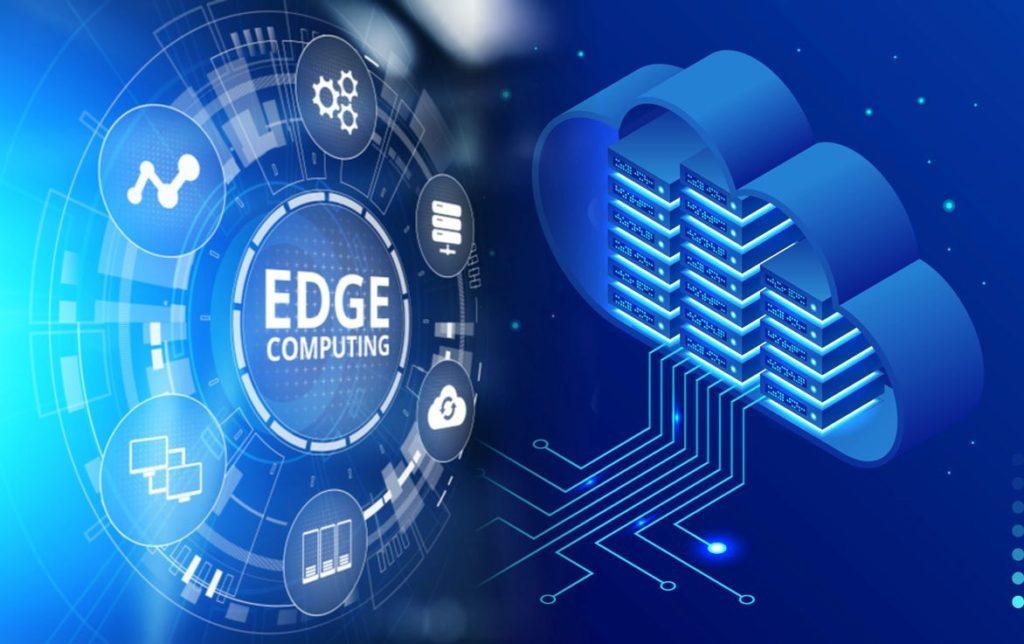Introduction:
In the ever-evolving landscape of technology, where data is generated at an unprecedented rate, traditional cloud computing architectures are facing limitations in terms of latency, bandwidth, and privacy. Enter edge computing, a revolutionary paradigm that brings processing power and storage capabilities closer to the source of data generation. In this article, we will explore the concept of edge computing, its benefits, challenges, and the potential it holds for shaping the future of technology.
Defining Edge Computing:
Edge computing refers to a decentralized computing model that brings data processing and storage closer to the edge of the network, where data is generated, rather than relying on a centralized cloud infrastructure. By moving computational power and storage closer to the source, edge computing aims to reduce latency, increase bandwidth efficiency, enhance data security, and enable real-time decision-making.
Benefits of Edge Computing:
1. Reduced Latency:
With edge computing, data doesn’t have to travel long distances to reach a centralized cloud server for processing. This significantly reduces latency, allowing for near real-time processing and analysis of data. This is particularly crucial for applications that require instantaneous responses, such as autonomous vehicles and remote healthcare monitoring systems.
2. Bandwidth Optimization:
By processing data at the edge, only relevant or critical information needs to be transmitted to the cloud. This optimization reduces the strain on network bandwidth, resulting in more efficient data transfer and reduced costs.
3. Enhanced Data Security:
Edge computing enables data to be processed and stored locally, reducing the need for data to traverse through the public internet. This localized approach enhances data security and privacy, mitigating concerns related to data breaches and unauthorized access.
4. Offline Functionality:
Edge computing allows applications to function even in scenarios where there is limited or no internet connectivity. This is crucial for industries such as manufacturing or oil and gas, where uninterrupted operations are vital.
Challenges and Considerations:
While edge computing offers numerous advantages, it also comes with its own set of challenges and considerations:
1. Infrastructure:
Deploying edge computing infrastructure requires careful planning and investment in hardware, network connectivity, and software platforms. Establishing a robust network of edge nodes can be complex and costly.
2. Scalability:
Managing a distributed edge computing architecture can be challenging, especially when it comes to scaling resources and ensuring consistent performance across nodes. Effective orchestration and management systems are necessary to address these scalability concerns.
3. Data Governance:
With data being processed and stored at the edge, ensuring proper governance, compliance, and data lifecycle management becomes crucial. Organizations must establish clear policies and protocols to manage and protect data at the edge.
Future Implications:
Edge computing is set to revolutionize various industries, including healthcare, transportation, manufacturing, and smart cities. By enabling faster and more efficient data processing, it opens doors to innovations like autonomous vehicles, real-time remote monitoring, and immersive augmented reality experiences.
Conclusion:
Edge computing is a game-changer in the world of technology. By bringing computation closer to the source of data generation, it addresses the limitations of traditional cloud computing architectures. With reduced latency, improved bandwidth efficiency, enhanced data security, and offline functionality, edge computing is poised to shape the future of technology, enabling a new era of innovation and possibilities. As the world becomes increasingly interconnected, the power of edge computing will play a vital role in unlocking the full potential of the digital revolution.
Source: https://www.marketresearchfuture.com/reports/edge-computing-market-3239



